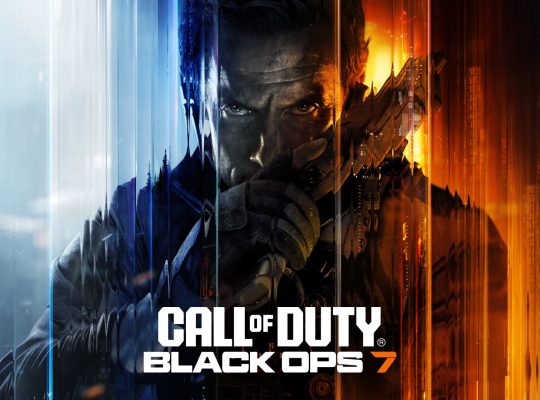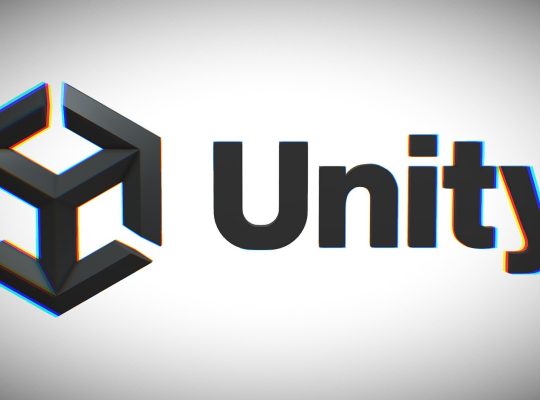Game engine provider Unity is once again under fire, this time from RocketWerkz, the studio founded by DayZ creator Dean Hall. Unity has allegedly threatened to revoke the licenses RocketWerkz uses to build its games, citing improper license usage—claims Hall firmly denies.
According to a series of posts Hall made on Reddit’s r/gamedev and further correspondence shared with press, Unity accused RocketWerkz of “mixing” Personal and Pro licenses in a way that violates its terms of service. An email sent by Unity demanded the studio “take immediate action” to resolve the issue or risk losing access to existing licenses by May 16.
If Unity follows through, RocketWerkz would be unable to continue maintaining Stationeers—launched in 2017—or work on its upcoming title Torpedia.
Hall, however, disputes Unity’s claims entirely.
“Unity is currently sending emails threatening longtime developers with disabling their access completely over bogus data about private versus public licenses,” Hall wrote.
Data Collection Sparks GDPR Concerns
Hall raised alarms not just over the alleged false accusations, but over how Unity appears to be collecting data. He questioned whether the company may be engaging in questionable practices to monitor user activity.
“How is Unity gathering data to decide whether a company ‘has enough’ pro licenses? It appears to me, they are scraping a lot of personal data and drawing disturbing conclusions. Is this data scraping meeting GDPR requirements?” Hall asked.
Unity’s licensing model requires developers to purchase Pro licenses—costing $2,200 per seat annually—once their game revenue or funding exceeds $200,000 in a 12-month period. RocketWerkz has reportedly spent $300,000 on licenses since its founding in 2014, including $36,420 for 18 Pro licenses in December 2024 alone.
Unity Lists Users Allegedly Violating Terms
Unity claimed in its follow-up emails that five individuals were using Personal licenses inappropriately. However, Hall provided context for each:
- One user is an employee with a Personal license but is not working on Unity-related projects.
- One user already has a paid Pro license through RocketWerkz.
- One is a contractor from 2024 who had a Pro license during their time with the studio.
- Two others have no affiliation with RocketWerkz whatsoever. One works at Weta Workshop, the New Zealand-based VFX company behind The Lord of the Rings.
Hall also shared dashboard evidence indicating that all relevant staff currently have valid Pro licenses.
A Broader Warning to Developers
Hall voiced his concern for smaller studios that may not have the resources or public reach to challenge Unity’s decisions.
“There is a lot of unknowns here… but I do wonder if there are serious data violations going on with Unity—and they appear to be threatening to use this data to close down developer accounts,” Hall warned.
“They [Unity] will take with them so many small studios… amazing teams, creating games just because they love making games. One day, after some private equity picks up Unity’s rotting carcass, these developers will try to log in to the Unity launcher but won’t be able to without going through some crazy hoops—or paying a lot more.”
Unity has not responded to press requests for comment.
Industry Fallout Continues
This incident comes after Unity’s disastrous 2023 attempt to introduce runtime fees based on install counts, which was met with massive backlash and eventually led to the resignation of its CEO. While Unity reversed many of those changes, tensions between the company and game developers have remained high.
As Unity faces criticism once more, the industry watches closely to see whether this is a one-off dispute—or the beginning of a broader erosion of trust between developers and one of the most widely-used engines in the world.










